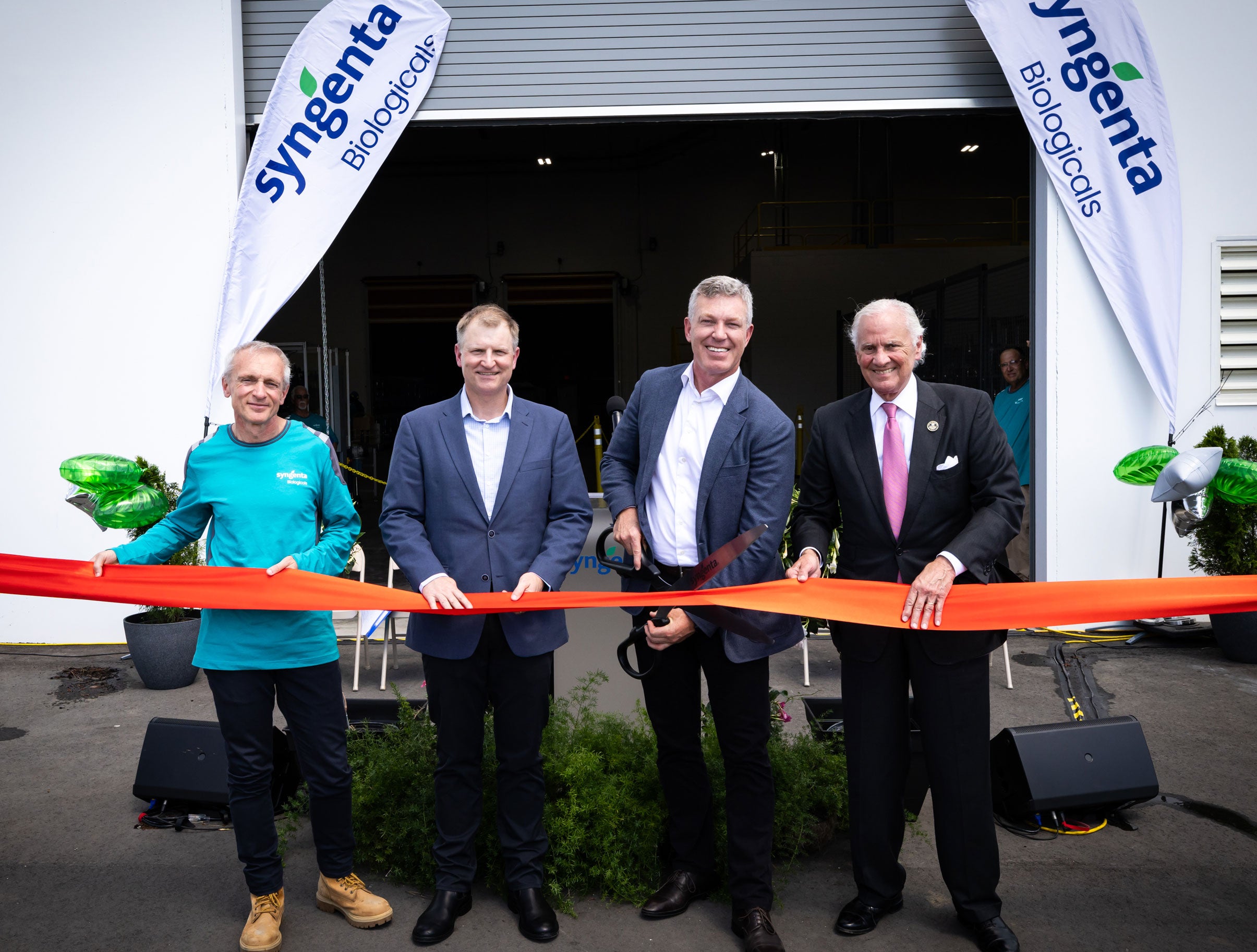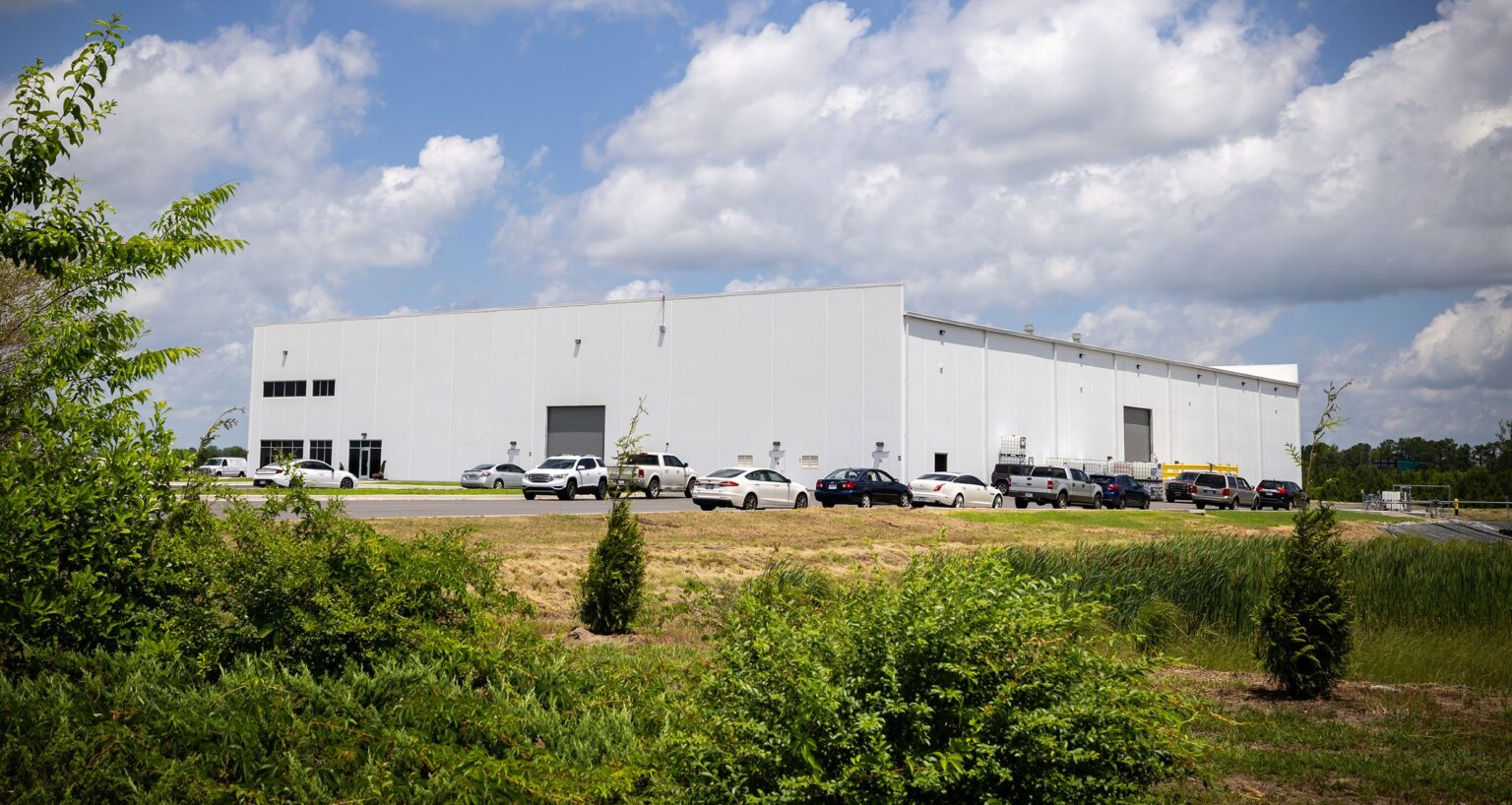Syngenta celebrated the grand opening of a state-of-the-art high-capacity biologicals production facility Wednesday in Orangeburg, South Carolina. The facility is set up to support the production of 16,000 tons of plant biostimulants each year.
Officials say that the facility will introduce cutting-edge technologies to produce plant biostimulants, meeting current and future demand for innovative sustainable agriculture solutions in the United States. As detailed in the text of the 2018 farm bill, plant biostimulants are “a substance or microorganism that, when applied to seeds, plants, or the rhizosphere, stimulates natural processes to enhance or benefit nutrient uptake, nutrient efficiency, tolerance to abiotic stress, or crop quality and yield.”
These types of products help protect and improve crops and diversify the tools available to farmers to effectively manage production. They also improve farming productivity, profit potential and sustainability by protecting and improving plants’ resilience to environmental factors.
The grand opening, which was attended by South Carolina Gov. Henry McMaster, was called a win for the community and for the state.
“Farming is vital to this nation and we are strongly committed to American farmers. The new biologicals facility not only underscores a commitment to our footprint and economic development in South Carolina, but also supports farmers all across this great nation,” said Syngenta CEO Jeff Rowe. “We remain committed to delivering new and innovative tools to benefit them, and the strong ag industry we serve and depend upon.”

Though Orangeburg isn’t directly on the Atlantic coast, the Southeast is plagued by hurricanes for several months out of the year — and their intensities have been increasing. The Orangeburg plant’s structures are designed to withstand wind speeds over 180 miles per hour, boosting weather resilience and reducing supply chain risk. It is also equipped with a zero-wastewater plant — allowing for the recovery of process water onsite and helping reduce impacts on the environment.
“Collaboration across Syngenta teams, local contractors and suppliers, and South Carolina authorities was essential in every stage of the site’s development,” said Roberto D’Addario, Syngenta Biologicals plant manager. “By accelerating progress towards a shared goal, we were able to engineer the plant to meet high levels of automation, process control and safety standards that effectively handle production volume, which is expected to nearly double from 2025 to 2028.”


